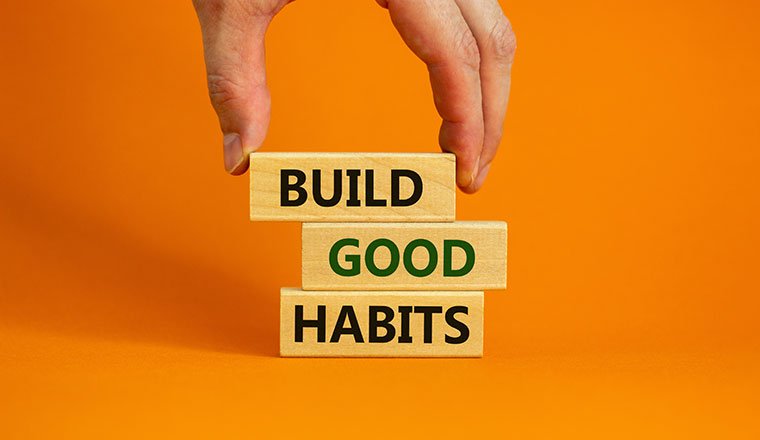Habits are a powerful force in our lives. They shape our actions, our thoughts, and our outcomes. But not all habits are created equal. Some habits are positive and help us to achieve our goals, while others are negative and hold us back. If you want to make real progress in your life, it's important to identify and get rid of the bad habits that are holding you back, and to replace them with good habits that will help you to achieve your goals.
The first step in getting rid of bad habits is to identify them. This can be harder than it sounds, because often we don't even realize that we have a bad habit. But once you start looking, you'll be surprised at how many you can find. Some common examples include procrastination, overeating, smoking, excessive alcohol consumption, and being constantly plugged into your phone or other electronic devices.
Once you've identified your bad habits, the next step is to make a plan to get rid of them. The key to success is to find a replacement habit that will fill the void left by the bad habit. For example, if you're trying to quit smoking, you'll need to find a replacement activity to do with your hands and mouth, such as using a fidget spinner or chewing gum. If you're trying to reduce your alcohol intake, you'll need to find other ways to socialize and relax.
It's also important to be specific when setting your goals for getting rid of bad habits. Instead of just saying "I'm going to stop smoking," set a specific goal, such as "I'm going to quit smoking by the end of the month." Having a specific goal makes it more likely that you will be successful, because it gives you something concrete to work towards.
Another key to success is to make your new habit as easy as possible to start. This means that you should break it down into small, manageable steps. For example, if your goal is to start exercising, don't try to go from zero to running a marathon overnight. Start by taking a short walk around the block, and then gradually build up to longer and more intense workouts.
The last step is to make your new habit as enjoyable as possible. We are much more likely to stick to a habit if we enjoy it. So, it's important to find an activity that you genuinely enjoy, such as dancing, painting, or reading.
When it comes to developing good habits, the key is to start small. Habits are formed gradually, over time, and starting small gives you a sense of progress and success. A good way to begin is by setting a small goal or task, and then building on it over time. An example of this would be setting the goal of reading for 15 minutes each day, then gradually increasing the amount of time spent reading over the course of a few weeks.
Another important factor in developing good habits is to make them as routine as possible. This means that you should try to do them at the same time and place every day. For example, if you're trying to establish a habit of exercise, you might make it a habit of going for a walk every morning after breakfast.
Lastly, surround yourself with positive influences. Seek out people who are positive, supportive, and who share your goals. They can help you stay motivated and on track when things get tough.
Habits can play an important role in our lives, it can make our life easier by creating good habits and by getting rid of bad habits. It takes effort and persistence, but it's definitely worth it in the end.
